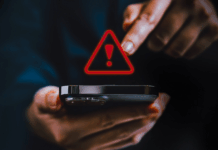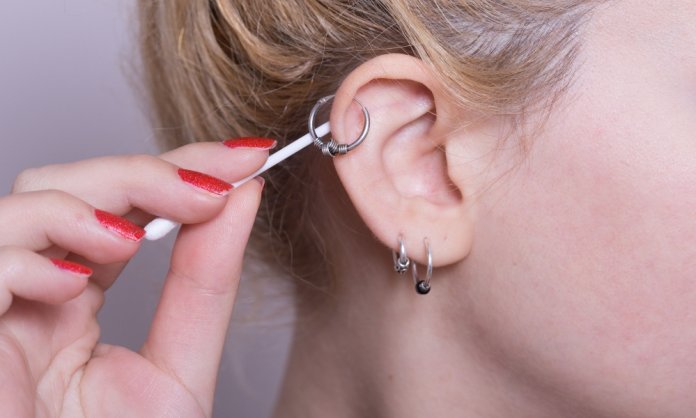Piercings are all fun and games until they start bothering you. While there isn’t a “best time” to get piercings done, it can help a lot with these aftercare tips if you get pierced in winters. Follow these steps to take care of your piercings like a pro!
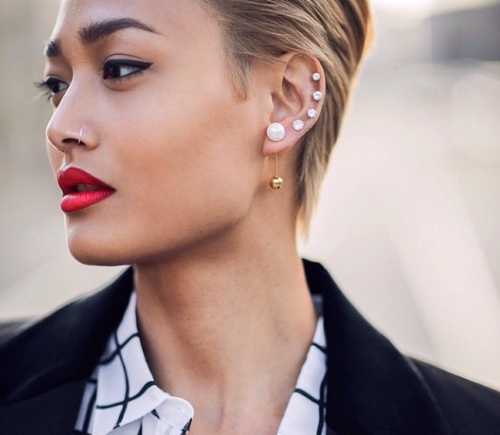
1. Ask your piercer to use a needle, not a gun.
The gun forces a lot of pressure on the tissue, causing unnecessary damage to the area. It’s also tricky sterilizing something that has plastic parts. When you ask for a needle, you get precision and least damage to your tissue. Moreover, it can be entirely sterilized.
2. Wash With Soap And Water Or Saline Solution Twice A Day
Don’t wash with rubbing alcohol twice a day if you have a fresh piercing. Alcohol can dry the piercing out, which can result in your skin cracking and bleeding. Use oil-based soaps because they not only clean, but the oil helps heal the wound.
3. Create A Routine
Before you touch your new piercing, wash your hands with soap and water. You can moisten the piercing with clean fingers and thoroughly clean the wound. After, rinse off the area with warm water.
4. Be Healthy
Staying hydrated is essential because, for your wound to heal correctly, it must not get dry. A healthy diet is always necessary, but it is especially after a piercing.
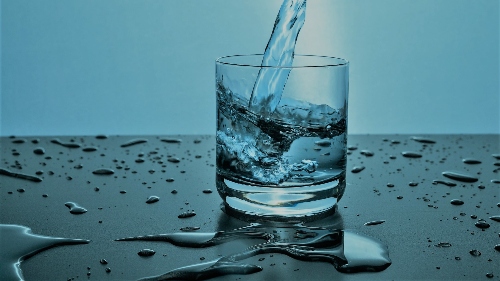
5. Change Your Habits
Avoid any trauma to the area. Bumping, snagging, or sleeping on the piercing can all result in your piercing getting inflamed.
Yes, you can “turn” the earring—but ONLY when it’s wet. If it is dry, don’t try moving it.
6. Patience Goes A Long Way
Understand that a cartilage piercing will require more caring than a lobe piercing. Cartilage piercings are more temperamental. They don’t necessarily hurt more, but the process of healing is complicated.
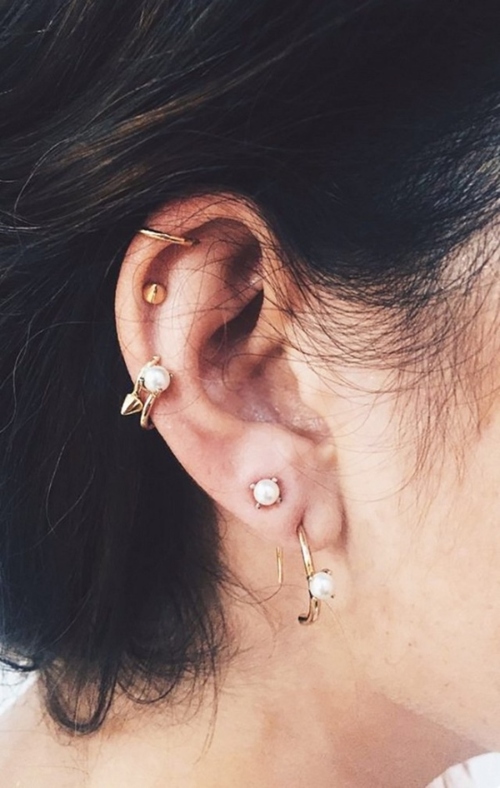
Keep an eye out for signs of healing. Lobe piercings take around 2-3 months to heal, whereas cartilage takes 3-10 months. Once the piercing stops hurting, swelling, and secreting fluid, and any redness disappears, consider it healed!
7. Don’t Panic
Lastly, if your piercing is bothering you, don’t panic and don’t self-medicate. If you notice excessive swelling, redness, or if it is radiating heat and secreting fluid, don’t stress. Nine out of 10 times, your piercing is only irritated and not infected. However, if the problem persists, take it to your piercer, not anyone else!
Follow these aftercare steps to be positive and careful while healing your piercing and look rad in no time!
Stay tuned to Brandsynario for the latest news and updates.






